The Abortion Situation In Ireland Keeps Getting Worse
The latest: a woman is forced to undergo a c-section 25 weeks into her pregnancy—17 weeks after she first attempted to get an abortion.
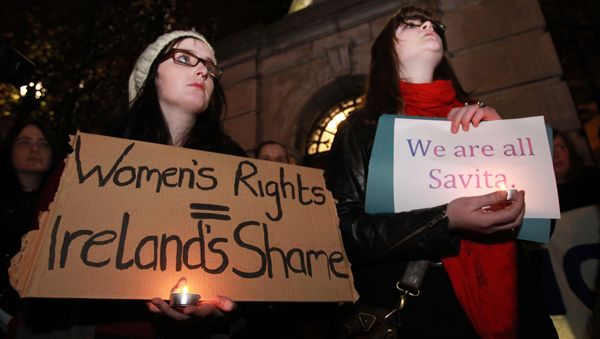

Abortion rights may be suffering at home, but things are looking pretty good stateside when you compare America's abortion restrictions with those in Ireland. Abortions are near impossible to get on the Emerald Isle, and the country has been under fire for its intense restrictions. Recently, a United Nations human rights panel told the nation's government that revisions for its abortion policies are highly necessary. If revised, the UN human rights panel says that the the law should account for more women who are victims of rape, incest, fetal abnormality that could prove deadly, or if the pregnancy poses a life-threatening risk to the mother.
Such protections would have been useful in the past, when Ireland's abortion law was the subject of worldwide attention following the death of non-Catholic Savita Halappanavar. Halappanavar was denied the abortion that would have saved her life after a incomplete miscarriage—because her unviable fetus still had a heartbeat. Her avoidable death brought attention to abortion restrictions that went too far.
To respond to the tragic death of Halappanavar, the Irish government relinquished a bit of control on abortion restrictions by passing The Protection of Life During Pregnancy Act, which was put into place last year to prevent such tragedy from occurring again. The act says that abortion will be permitted when "when there is a real and substantial risk to the life of the mother, including the threat of suicide over a pregnancy." Two psychiatrists and one obstetrician, however, have to confirm this risk in order for a woman to receive abortion care. You'd think that this new law would prevent would help women in dire need, but it seems that it wasn't enough to help all women seeking an abortions.
The most recent jaw-dropping injustice comes from an unnamed woman, now 18 years old. She first attempted to get an abortion just eight weeks into her pregnancy—a pregnancy that was the result of a rape. Despite proving that she was suicidal, she was still denied access to the procedure. Why? Her attempts early on in her pregnancy to prove the necessity of the abortion weren't assessed under the Protection of Life During Pregnancy Act, and it wasn't until much later that she was able to receive the examination needed to be granted an abortion.
Twenty-five weeks later, to be exact. That far into her pregnancy, she was finally granted the abortion she desired—following a hunger strike. But since the pregnancy was so advanced, the termination she had proved necessary could not be granted, and she was forced to undergo a c-section. Keep in mind that this was a full 17 weeks after she first attempted to access abortion services.
The fact that this woman, like Halappanavar, was an immigrant, is telling of the difficulties that certain populations of women face in getting an abortion in Ireland. Usually, it is immigrants and women living in poverty who find themselves more affected by the country's stringent termination regulations. Oftentimes women living in poverty don't have the funds and immigrants don't have the proper travel documents needed to visit another country with lesser abortion restrictions to receive the procedure. Hopefully incidents like these coupled with the United Nations's demands will showcase the need for change, and for the government to realize that women's freedoms are are worth protecting.
Related:
Stay In The Know
Get exclusive access to fashion and beauty trends, hot-off-the-press celebrity news, and more.
These States Are Trying to Eliminate a Woman's Right to Choose
This Act Could Put an End to Anti-Abortion Legislation
2013 Was a Rough Year for Abortion Rights

I'm an Associate Editor at the Business of Fashion, where I edit and write stories about the fashion and beauty industries. Previously, I was the brand editor at Adweek, where I was the lead editor for Adweek's brand and retail coverage. Before my switch to business journalism, I was a writer/reporter at PEOPLE.com, where I wrote news posts, galleries and articles for PEOPLE magazine's website. My work has been published on TheAtlantic.com, ELLE.com, MarieClaire.com, PEOPLE.com, GoodHousekeeping.com and in Every Day with Rachael Ray. It has been syndicated by Cosmopolitan.com, TIME.com, TravelandLeisure.com and GoodHousekeeping.com, among other publications. Previously, I've worked at VOGUE.com, ELLE.com, and MarieClaire.com.
-
 'Million Dollar Secret' Winner Cara Kies Gave a Masterclass in Reality TV Gameplay
'Million Dollar Secret' Winner Cara Kies Gave a Masterclass in Reality TV GameplayHere's what to know about the In-N-Out line cook who took home the prize pot.
By Quinci LeGardye Published
-
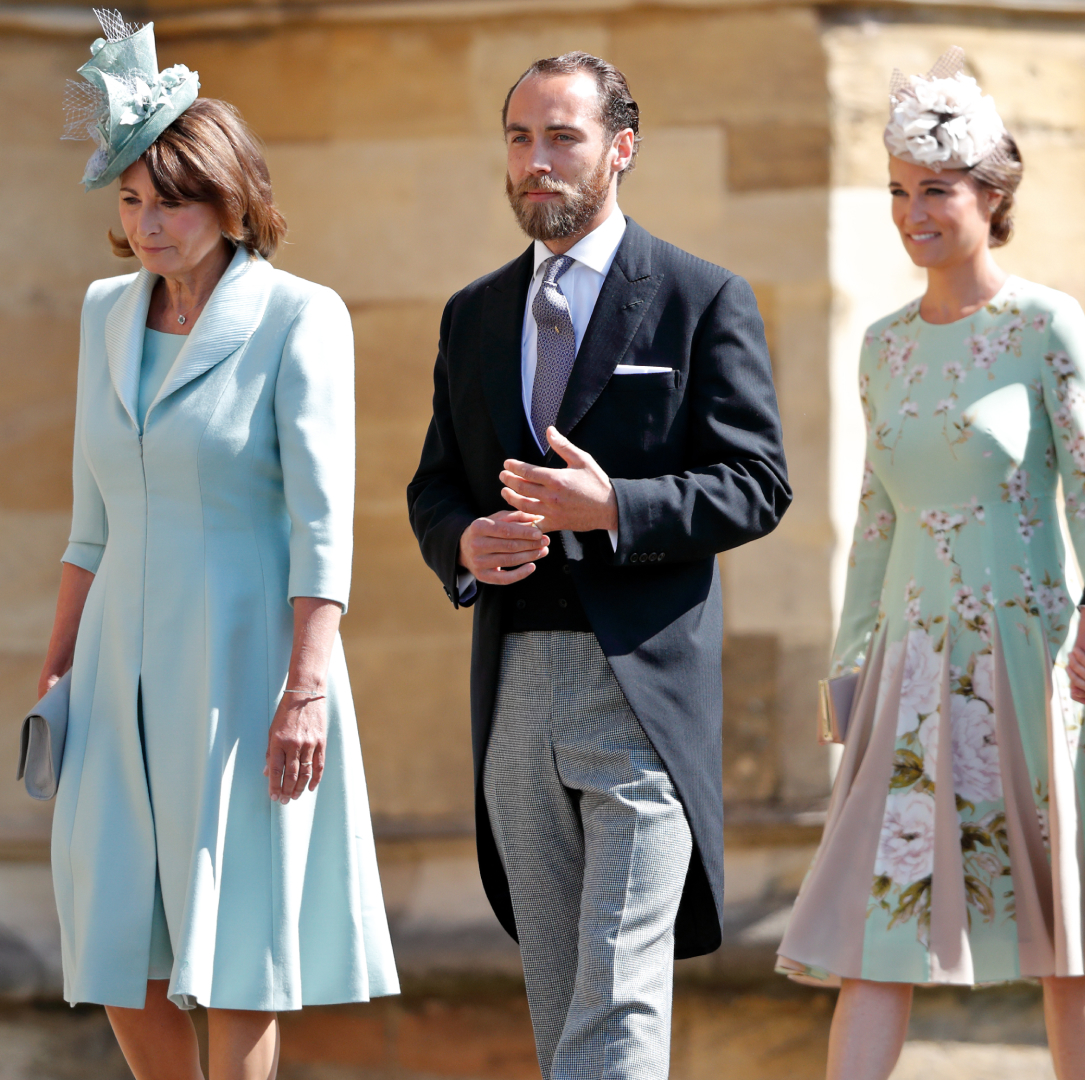 James Middleton Says He "Had 3 Mothers Growing Up" Thanks to Sisters Kate and Pippa
James Middleton Says He "Had 3 Mothers Growing Up" Thanks to Sisters Kate and Pippa"I'm now in my late 30s and we still have that friendship."
By Kristin Contino Published
-
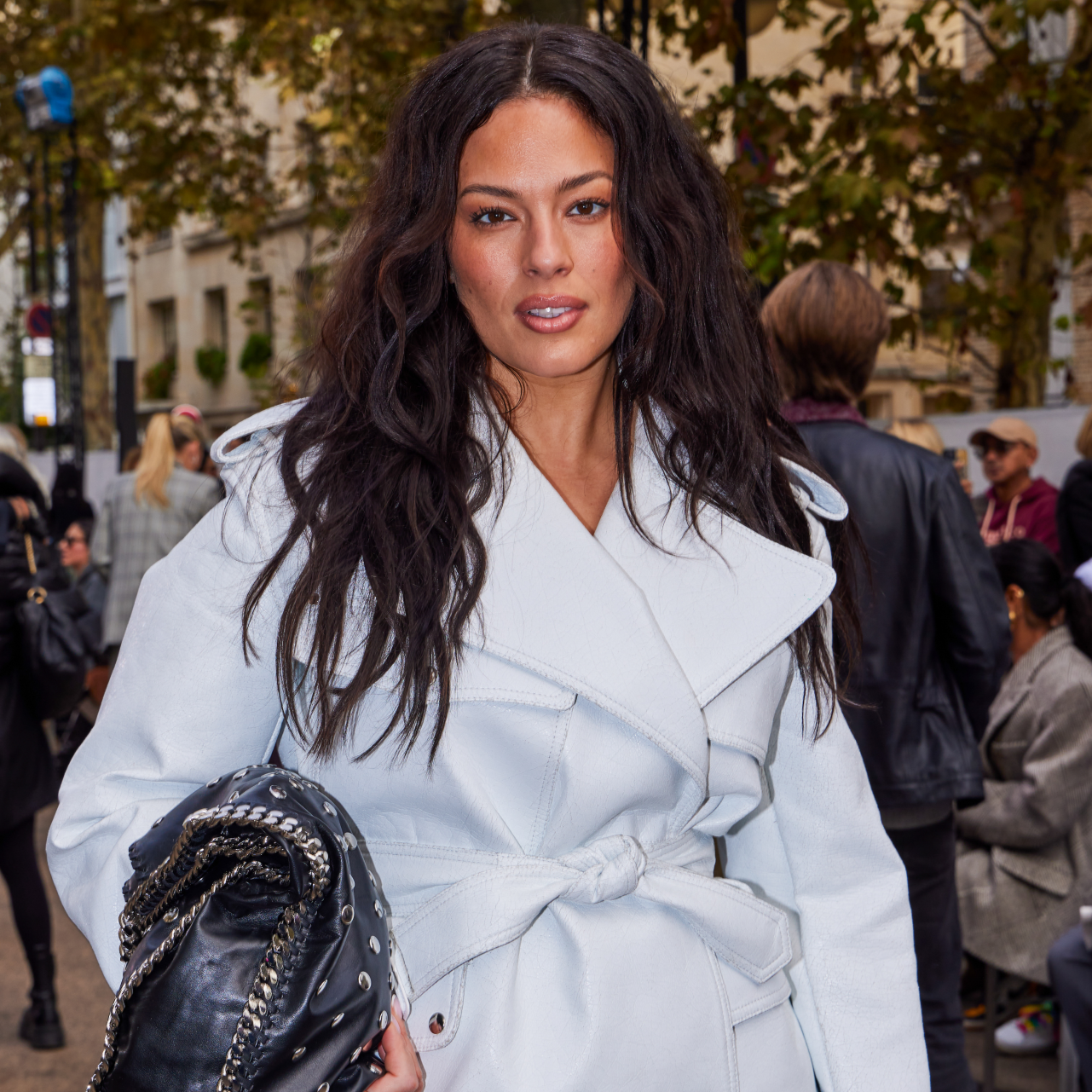 This Hot and Spicy Nail Look Is Ashley Graham's Secret to a Glowing Tan
This Hot and Spicy Nail Look Is Ashley Graham's Secret to a Glowing TanWarm weather glam, nailed.
By Ariel Baker Published
-
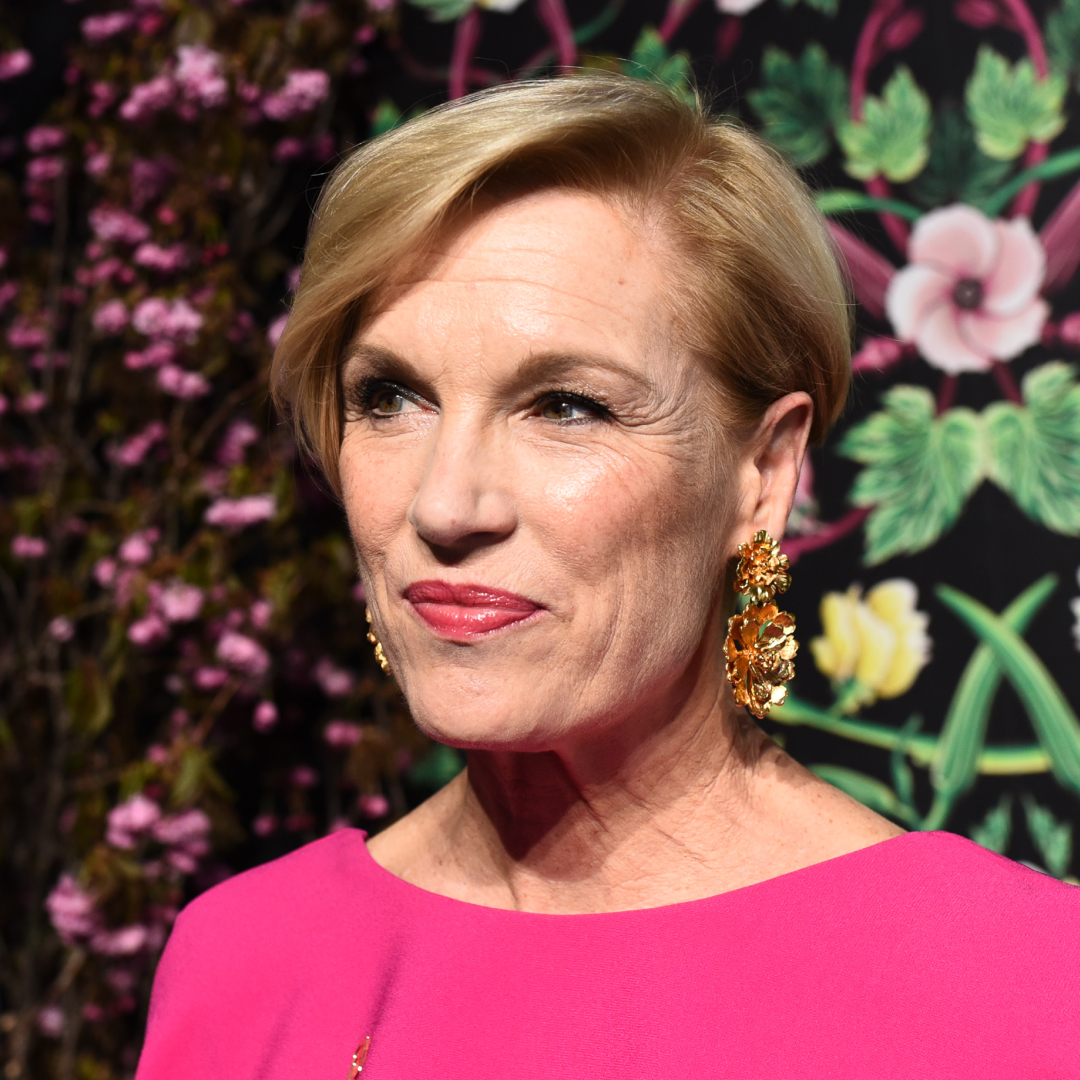 Cecile Richards, Former Planned Parenthood President and Women's Rights Activist, Has Died at Age 67
Cecile Richards, Former Planned Parenthood President and Women's Rights Activist, Has Died at Age 67"Our hearts are broken today but no words can do justice to the joy she brought to our lives."
By Amy Mackelden Published
-
 36 Ways Women Still Aren't Equal to Men
36 Ways Women Still Aren't Equal to MenFeatures It's just one of the many ways women still aren't equal to men.
By Brooke Knappenberger Last updated
-
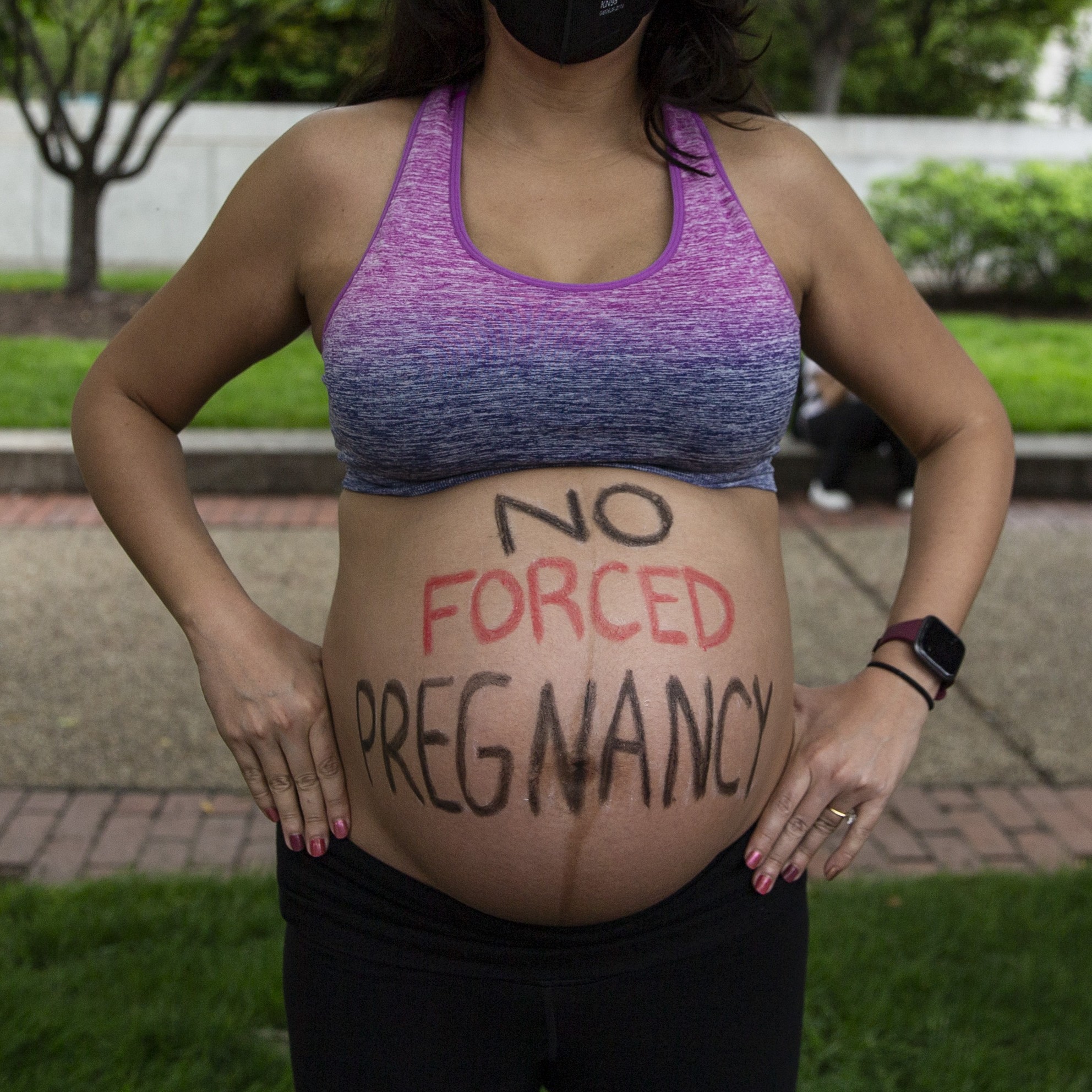 Post-Roe, Pregnant People Will Become Suspects
Post-Roe, Pregnant People Will Become Suspects\201cWe anticipate a very dramatic increase in the rate of criminalization of all pregnancy outcomes.\201d
By Lorena O'Neil Last updated
-
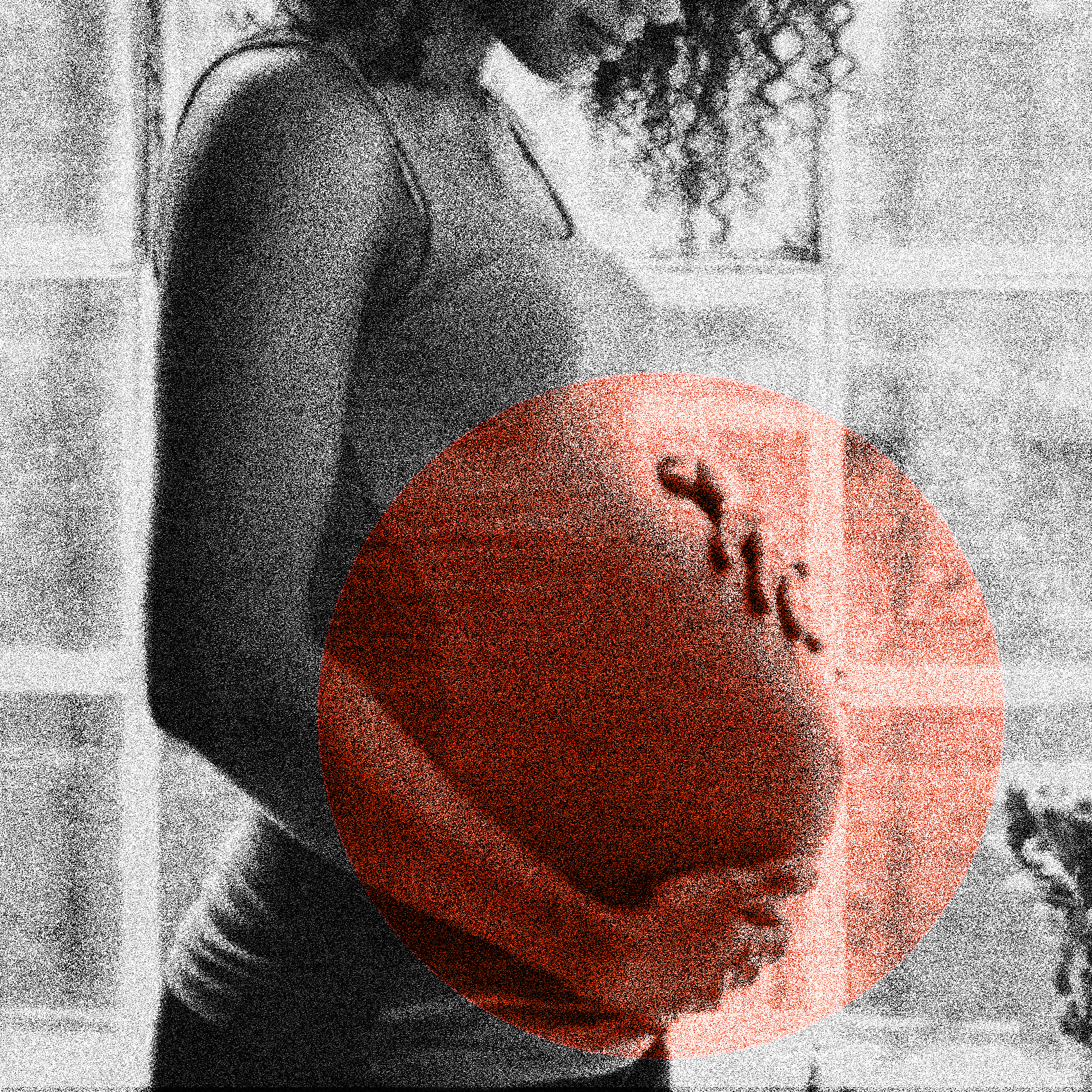 As a Pregnant Woman Post-Roe, I'm Terrified to Travel in America
As a Pregnant Woman Post-Roe, I'm Terrified to Travel in AmericaOne author wonders: If my pregnancy turns tragic in a trigger ban state, will I get the life-saving care I need?
By Jo Piazza Published
-
 Roe Is Gone. We Have to Keep Fighting.
Roe Is Gone. We Have to Keep Fighting.How To Democracy always offers a path forward even when we feel thrust into the past.
By Beth Silvers and Sarah Stewart Holland, hosts of Pantsuit Politics Podcast Published
-
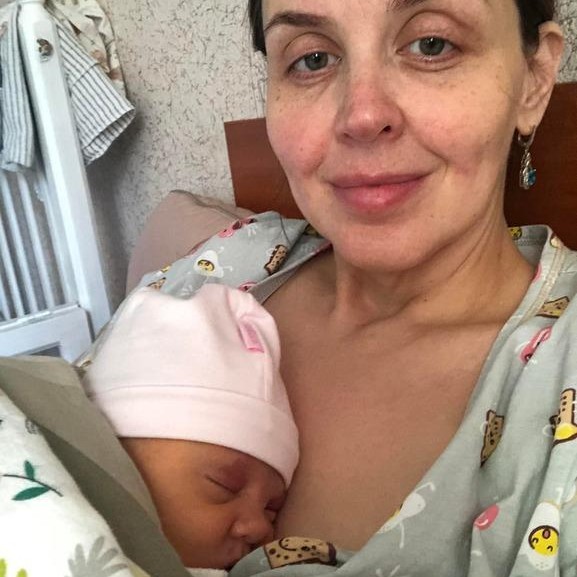 "Life Goes on No Matter What"
"Life Goes on No Matter What"As civilians and a maternity hospital in Ukraine are attacked, three Ukrainian women talk about giving birth during the war.
By Iryna Tatarenko Published
-
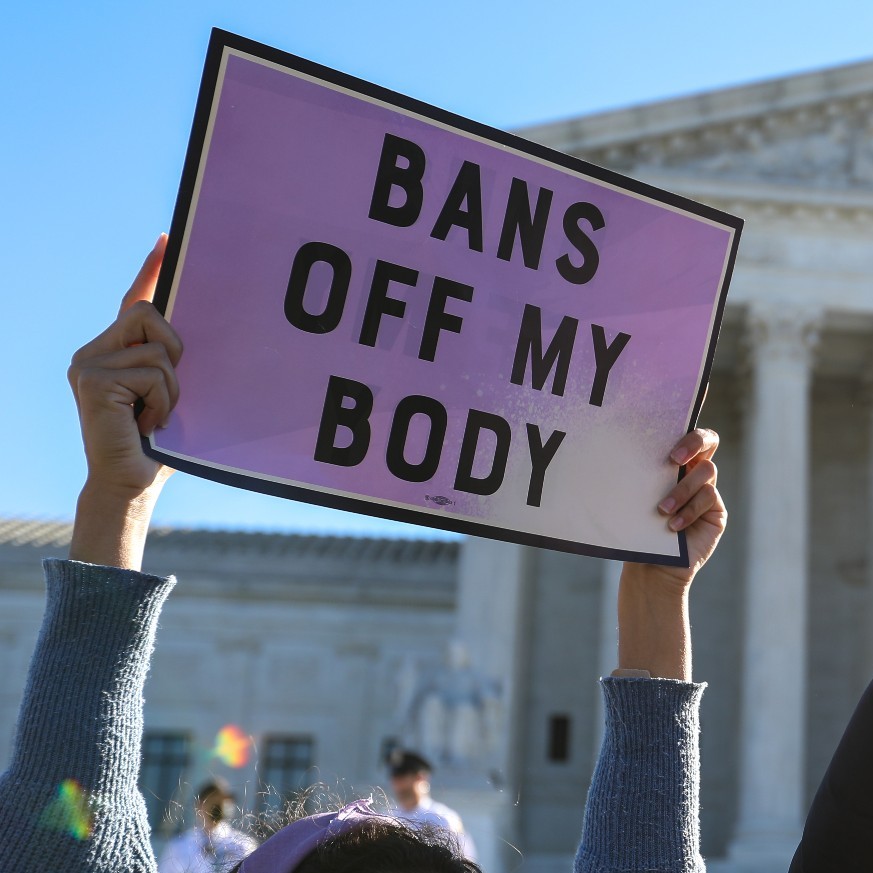 The Supreme Court Is Hearing Arguments in a Case That Could Overturn 'Roe v. Wade'
The Supreme Court Is Hearing Arguments in a Case That Could Overturn 'Roe v. Wade''Dobbs v. Jackson Women's Health Organization' is the most consequential abortion rights case in decades.
By Rachel Epstein Published
-
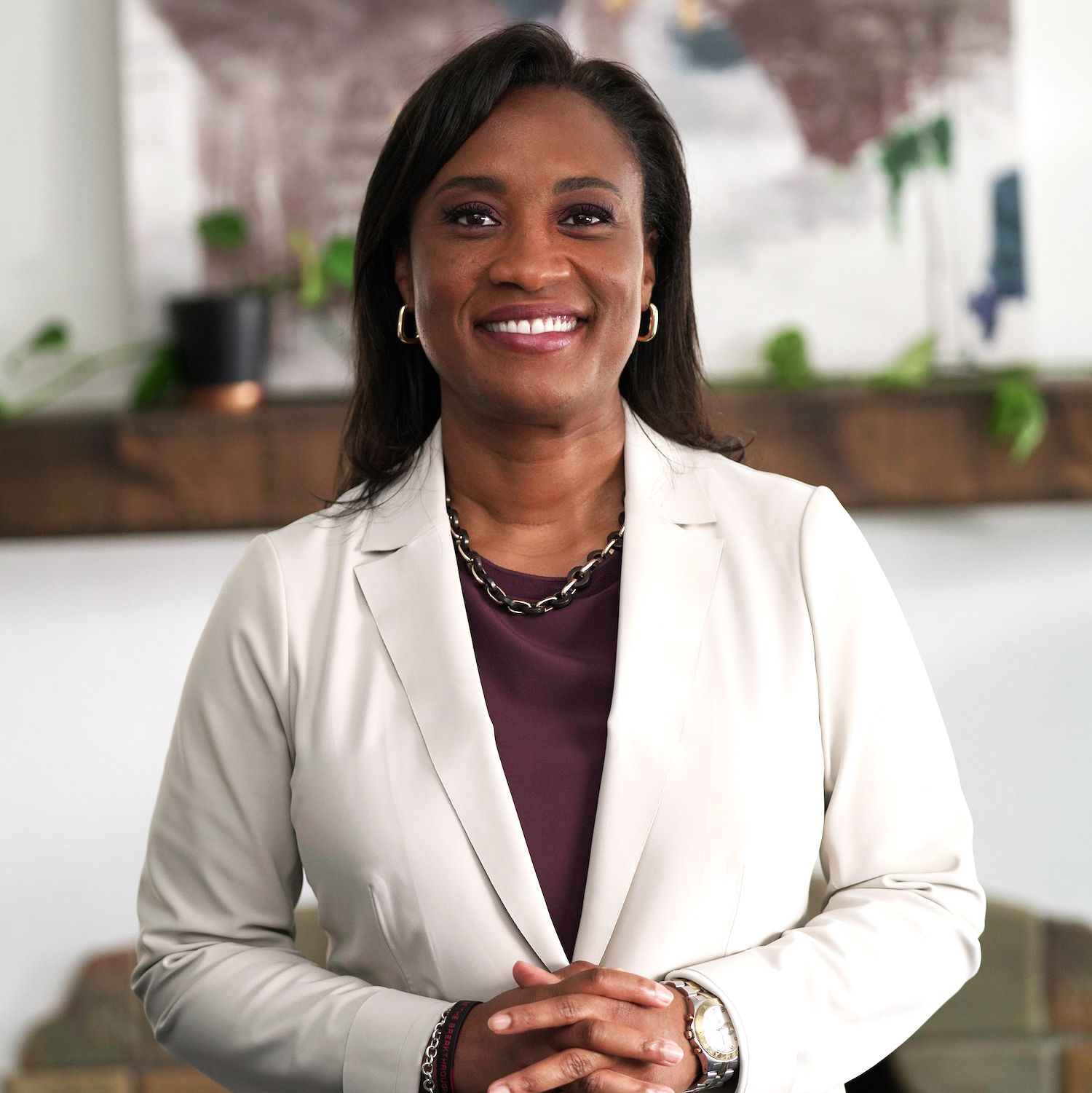 EMILY's List President Laphonza Butler Has Big Plans for the Organization
EMILY's List President Laphonza Butler Has Big Plans for the OrganizationUnder Butler's leadership, the largest resource for women in politics aims to expand Black political power and become more accessible for candidates across the nation.
By Rachel Epstein Published